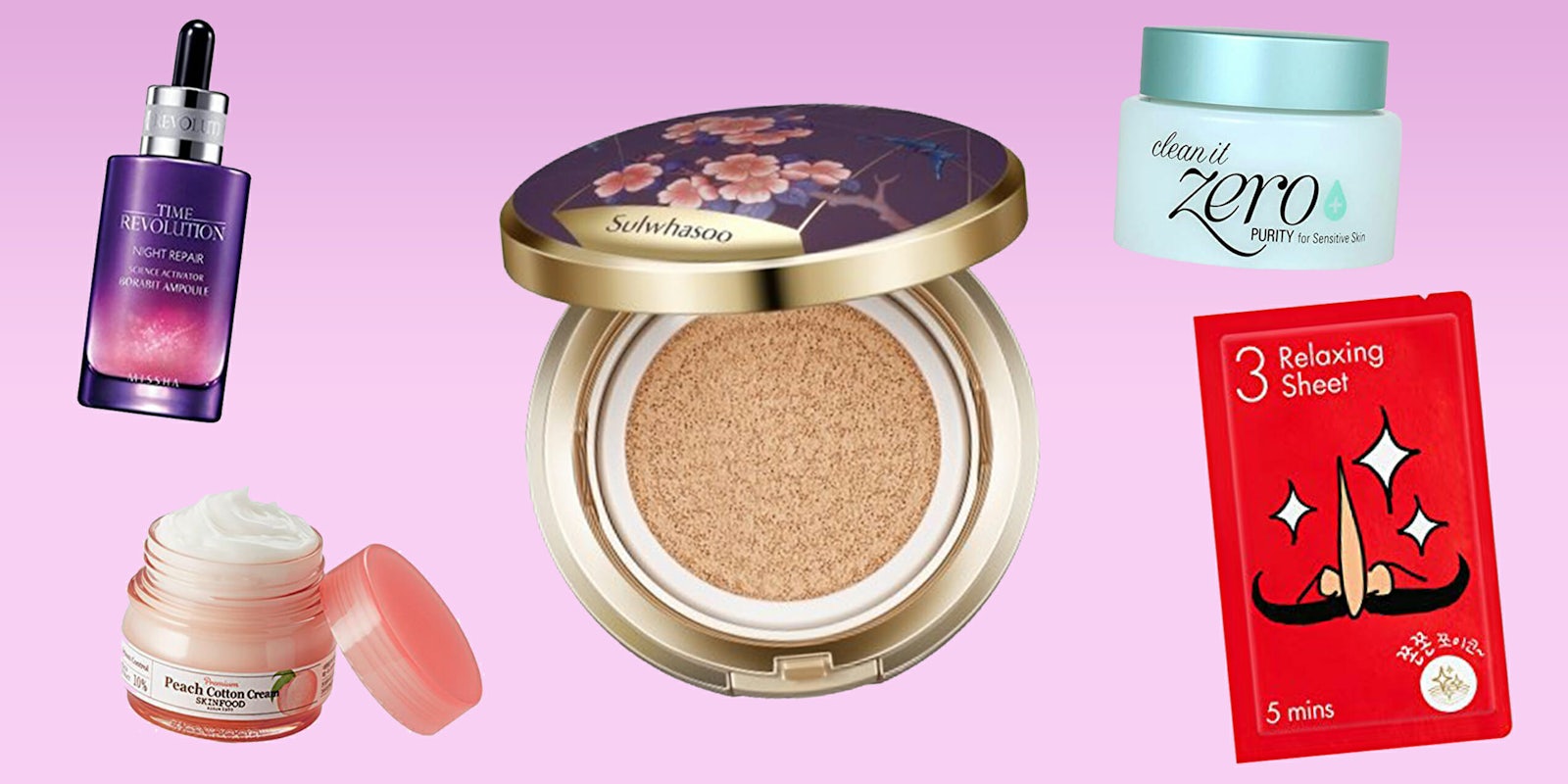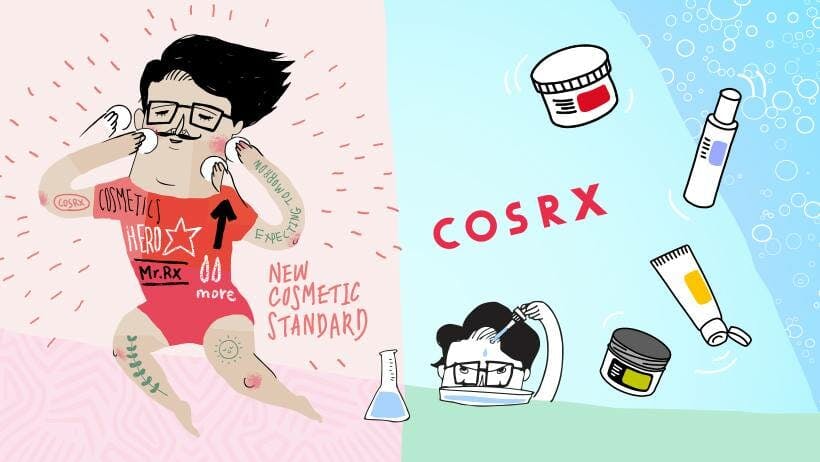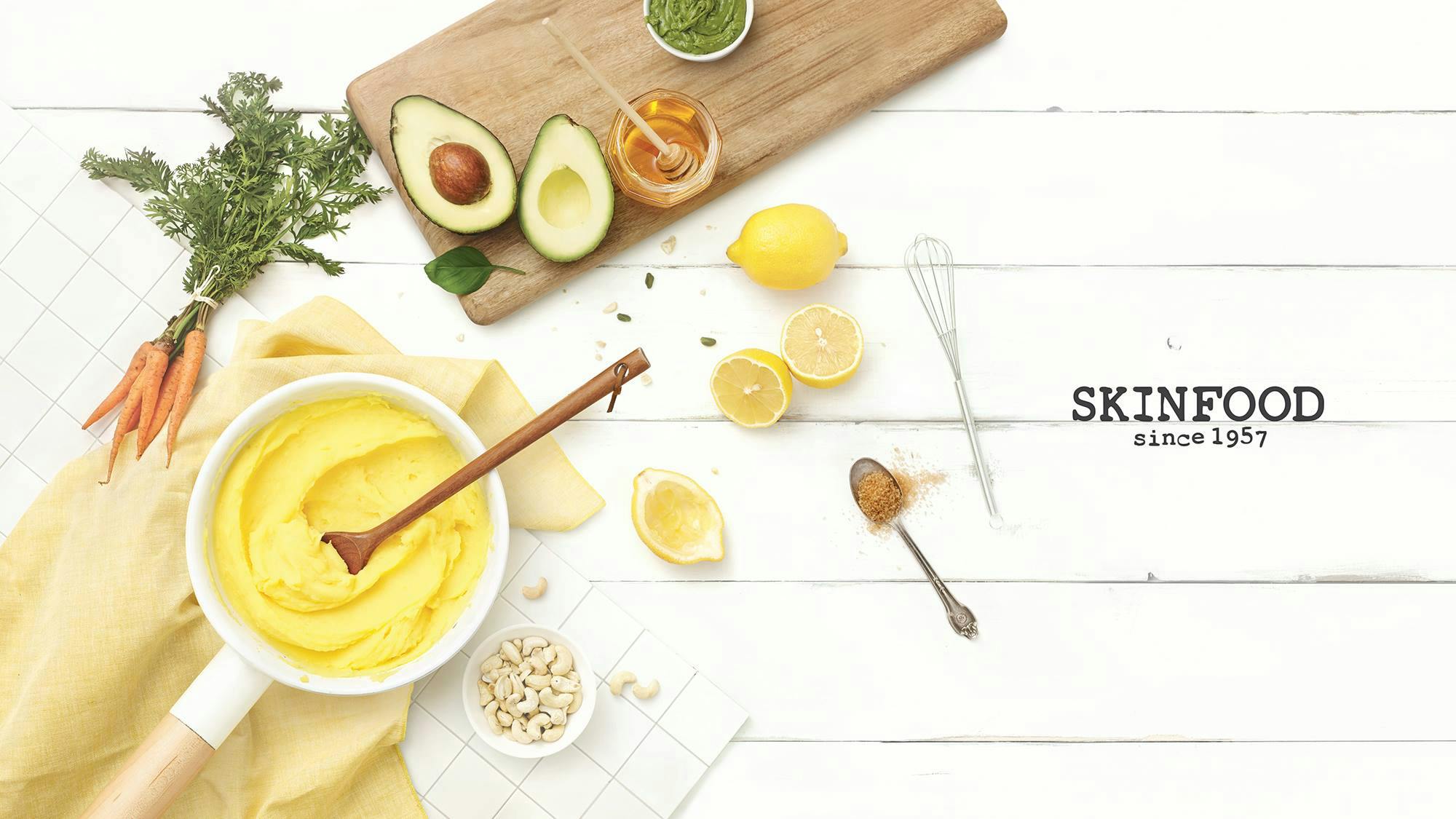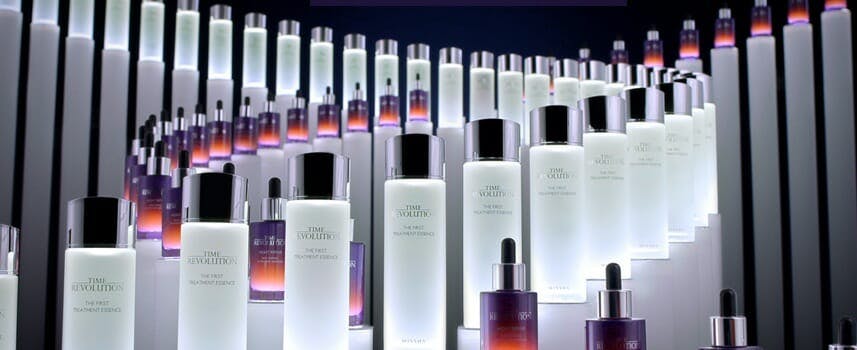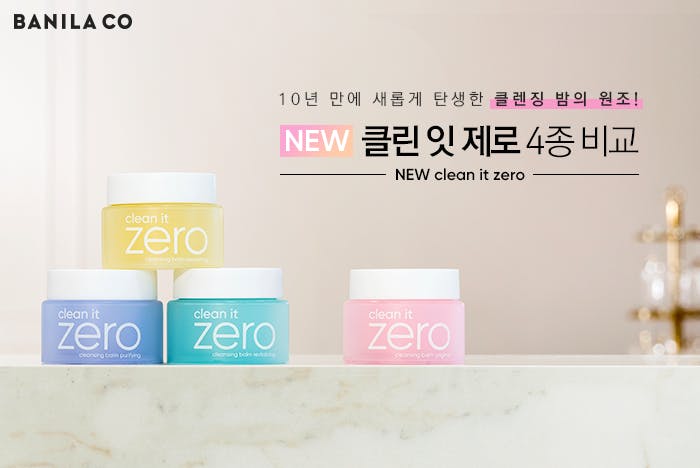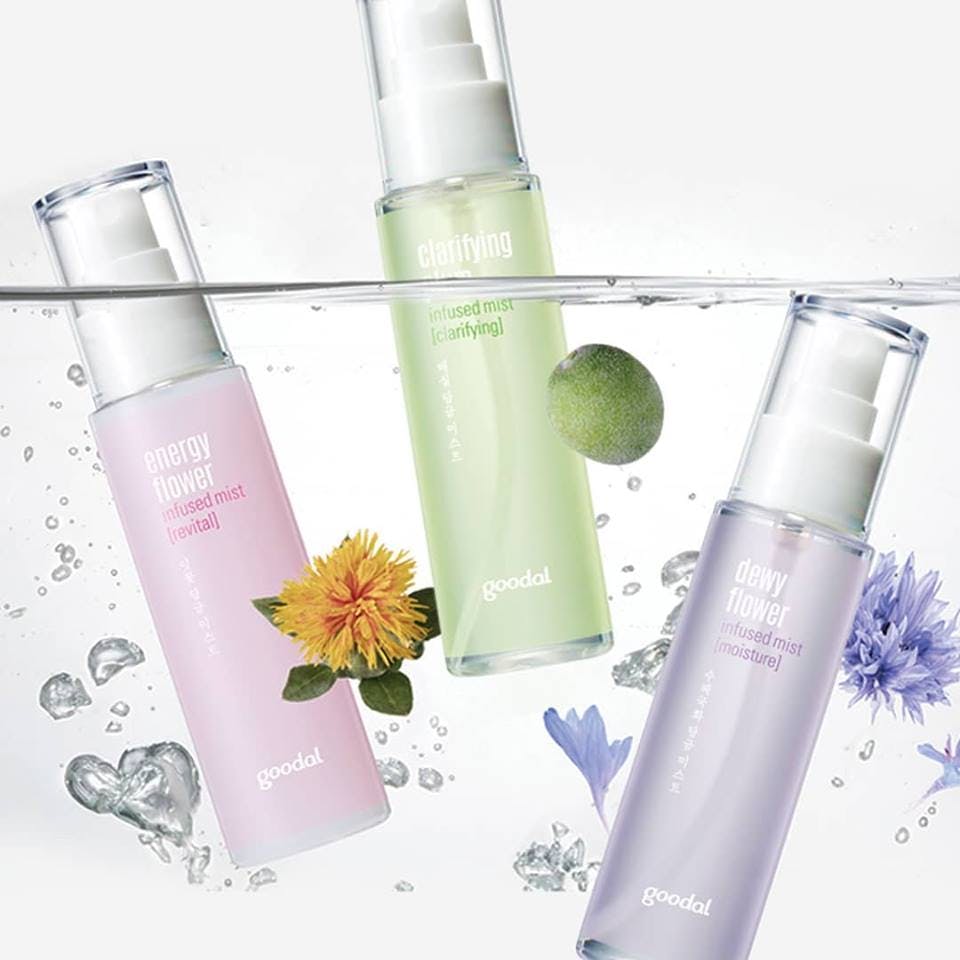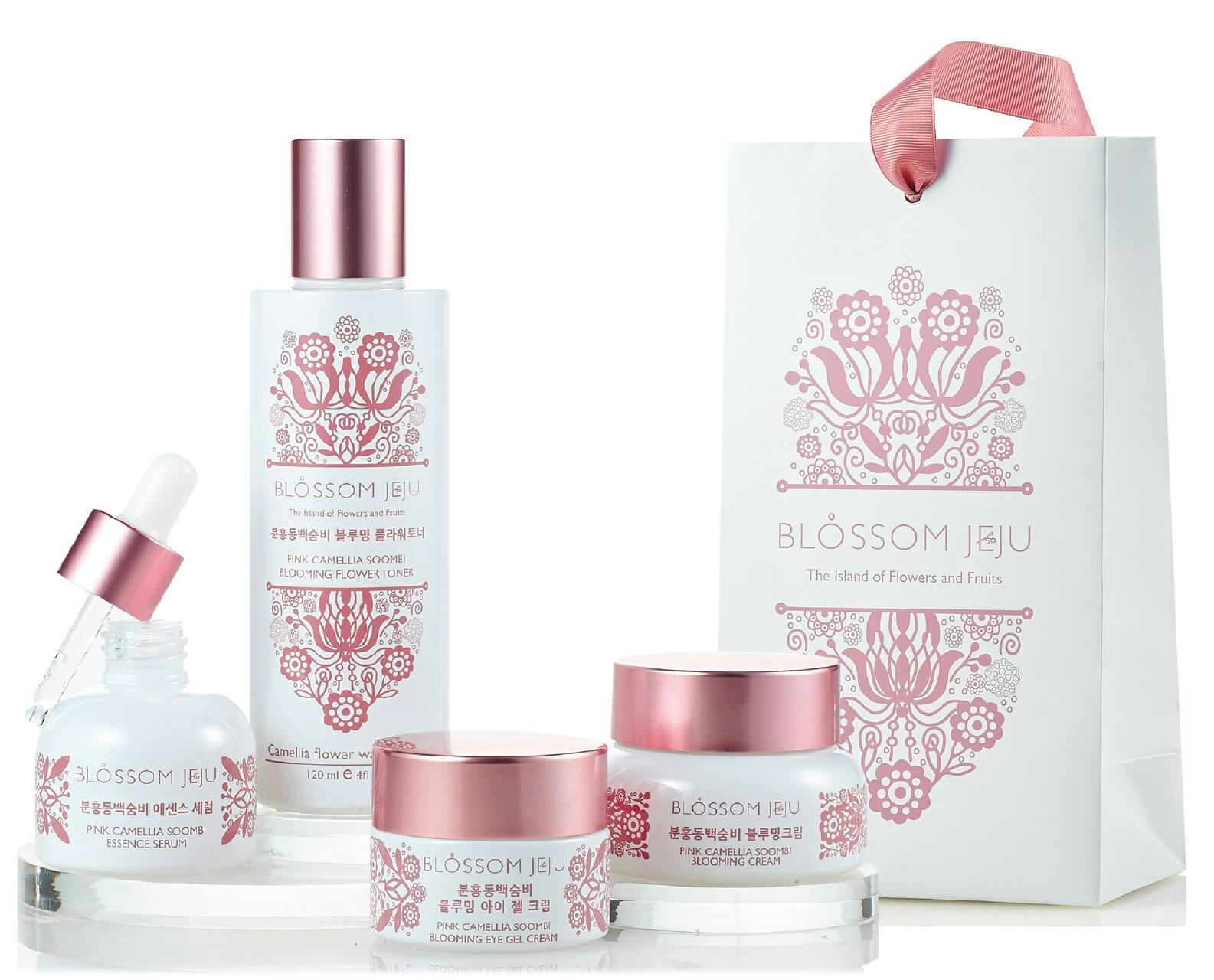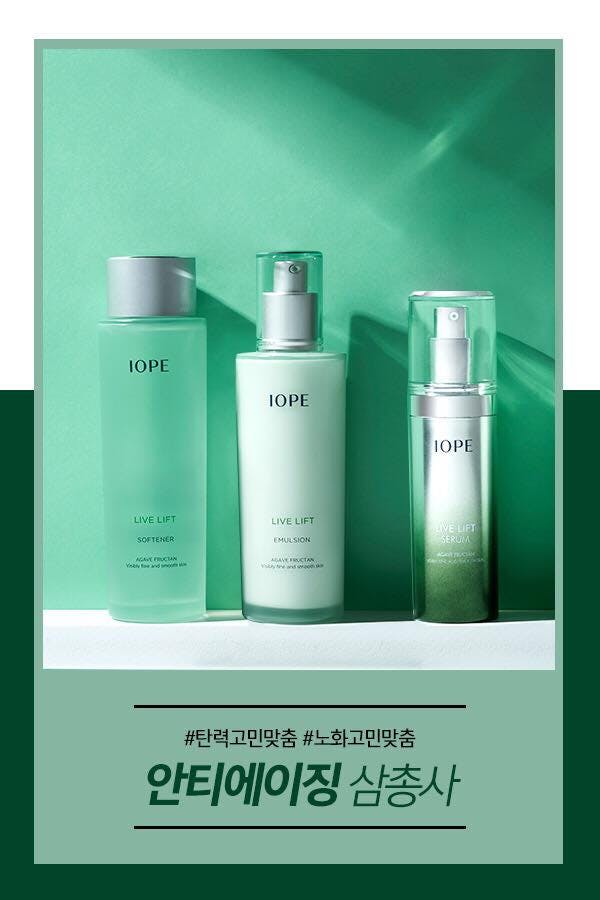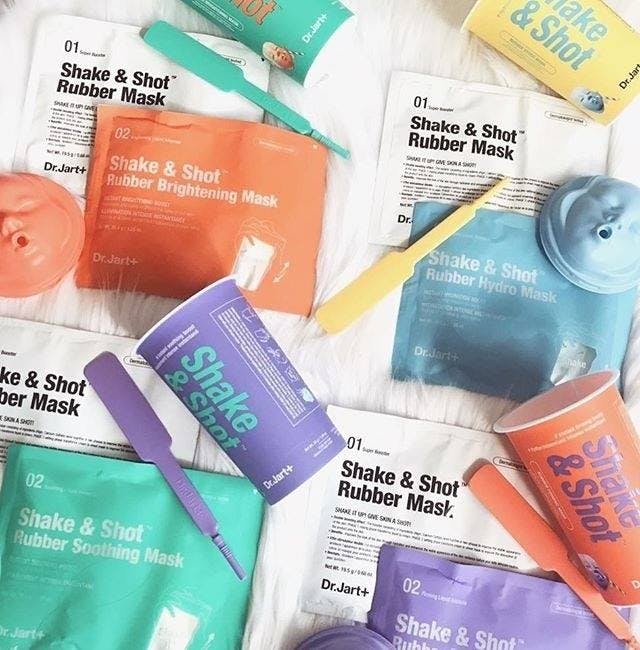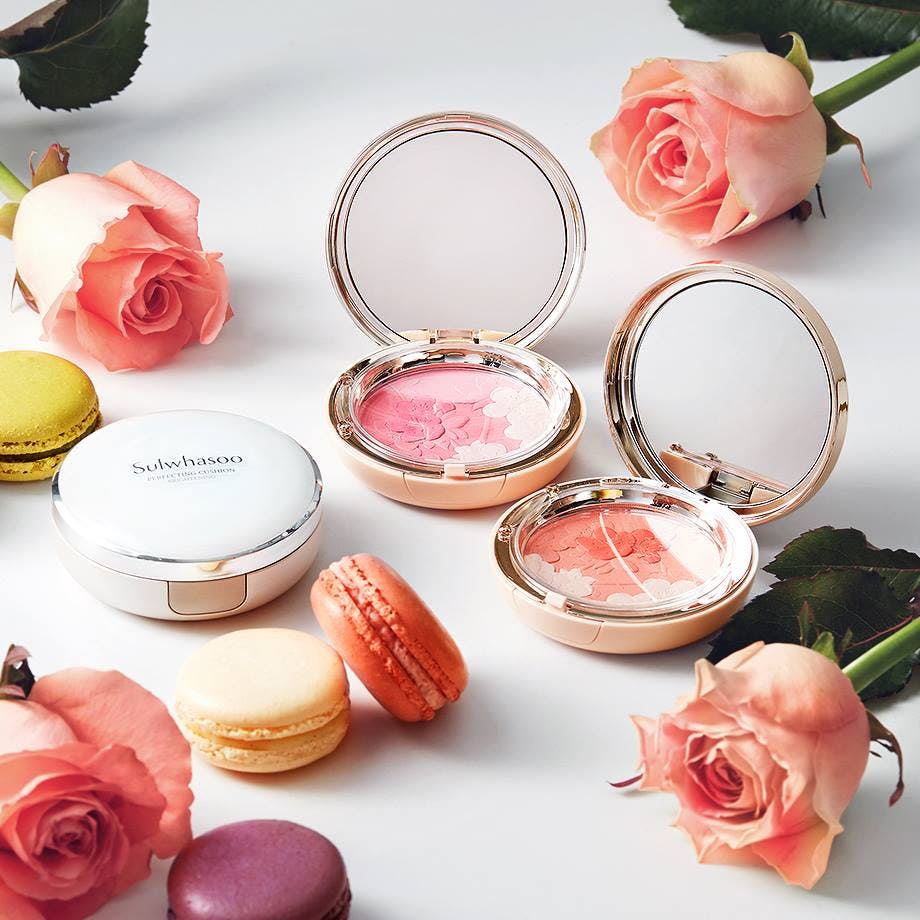Korean beauty seemed trendy when it blew up in 2013, and there were a lot fewer Korean skincare brands to choose from at the time. Today, Korean beauty products have become so popular that they can be found in your local CVS, Target, and Sephora, which is great if you’re a devotee. But with all that success comes dozens of new companies hoping to cash in. Korean beauty e-commerce sites like Glow Recipe have so much to choose from. How can you know which Korean skincare brands are worth the money?
I’ve been into Korean beauty since the early days and tried products from many different lines. There are some aimed at a young consumer that I wouldn’t recommend for hardcore skincare junkies. But if you are serious about taking good care of your skin and want to know which brands are worth trusting, I’ve got you covered. These Korean skincare brands are ordered from least to most expensive, so no matter what your budget is, there’s a good brand waiting for you.
The best Korean skincare brands
1. Best for cheap yet effective products: COSRX
Founded in 2014, COSRX (cosmetics + RX=COSRX) is known for its ultra-simple packaging and effective products. Based in Seongnam, South Korea, COSRX chooses to sell its products online only to keep costs low. The pricing caught skincare enthusiasts’ attention at first, but it was the results of the company’s AHA and BHA products that attracted brand devotees. These products focus on chemical exfoliation rather than physical, which is ideal for those sensitive and/or acne-prone skin types. COSRX prefers to use fewer ingredients in its products for the same reason. Products start at just under $5, making it the most affordable of the Korean skincare brands.
The must-try product: Acne Pimple Master Patch
2. Best Korean skincare brand for natural ingredients: Skinfood
The basis of Skinfood’s philosophy is that food is at the root of everything, from our mental and physical health to our skin condition. The company sources ethically produced food from around the globe to create its skincare products. Skinfood also blogs regularly about the foods it uses if you’d like to learn the benefits of honey, eggs, avocado, green juices and more in your skincare. Prices start at $10 or less, which makes trying these products pretty painless. A fun tip: the famous Black Sugar masks work really well to exfoliate feet in the bath!
The must-try product: Black Sugar Mask Wash-Off
3. Best statement products for fashionistas: Missha
Missha was established in 2000, although it didn’t attain global cult status until the launch of its Time Revolution First Treatment Essence (FTW for short). The product was said to be a dupe of the famous SK-II Facial Treatment Essence at a fraction of the price. Since then, Missha has continued to build its brand as an ideal option for women in all walks of life. It also recently introduced a colorful line aimed at younger consumers called A’pieu, which produced one of my favorite sunscreens of the year! The BB Cream cushions are also a personal favorite. Prices start at $10.
The must-try product: Time Revolution First Treatment Essence Intensive
4. Best Korean skincare brand for everyday use: Peach & Lily
I have sung the praises of every Korean skincare brand on this list at one time or another. That said, Peach & Lily is the line I use most often in my own routine. Founder Alicia Yoon decided to create her own skincare collection after her own struggle with eczema. She is deeply involved in the creation of each product, and thanks to her efforts, she introduced the concept of glass skin to the West. The time and care put into its creation really shows, too. If you’re looking for a full routine to get that poreless, translucent look, you can try this stellar line out for $39.
The must-try product: Glass Skin Refining Serum
5. Best for the no-makeup makeup look: Banila Co
Banila’s slogan of ‘no-makeup makeup’ is not new, but it’s cleansing balm Clean It Zero singlehandedly changed the way women removed their makeup and launched a craze for similar balms. None of the other Korean skincare brands on the market come close to this one’s oil cleanser, which dissolves even waterproof mascara and smells like heaven. It’s been customized for different skin types since its launch, and a sampler of all four is available as well. Banila Co also makes a range of skincare products, and its Radiant Brightening Lotion is a staple in my skincare arsenal. Prices start at $12.90.
The must-try product: Clean It Zero cleansing balm
6. Best Korean skincare brand you can find at the store: Goodal
By far one of my favorite Korean skincare brands on this list, Goodal is so popular that both Target and Ulta carry it on its websites (and the latter carries a small selection in store as well). Affordable and packed with powerhouse ingredients, Goodal is easily one of my favorite mainstays. Club Clio, Goodal’s parent company, also owns makeup line Peripera, known for its adorable packaging and highly pigmented lip products. Prices start at $11.
The must-try product: Apple AHA Clearing Toner
7. Best for gifting: Blossom Jeju
While some brands in the K-beauty world go for clean, subtle packaging, Blossom Jeju opts for a decorative look that perfectly suits the products within. Founded in 2012, Blossom Jeju is inspired by South Korea’s famous Jeju Island. Its signature ingredient is Camellia Seed Oil, which gives the line a gentle, alluring scent that makes you want to slather your whole body in it. The line’s pricing is higher than the prior brands, but when you feel the richness of the products, you’ll know why. You can find samples at Anthropologie locations. Pricing starts around $30.
The must-try product: Pink Camellia Blooming Flower Cream
8. Best mid-range Korean beauty brand: IOPE
IOPE is just one of several Korean skincare brands under the umbrella of K- beauty giant Aritaum. While the line ideal for women of many ages, it’s especially good for middle-aged/older skin because of the focus on products that address those concerns. IOPE champions plant science, with naturally derived product ingredients. The brand is considered mid-range with pricing starting at $28. Its biggest claim to fame is its cushion compact, which contains BB cream and achieves a dewy, healthy look rather than the matte powder look popular in America. You can get one from just about every major K-beauty brand now, but IOPE did it first.
The must-try product: IOPE Perfect Cover Cushion compact
9. Best for different skin types: Dr. Jart+
If Dr. Jart sounds vaguely familiar to you, it’s because it’s one of the first Korean brands Sephora curated a few years back. Dr. SungJae Jung, a young Korean dermatologist in practice since 2001, created the line. Come 2004, he partnered with a friend to create Dr. Jart and recruited a team of dermatologists to help. It resulted in a line that caters to all skin types, but especially excellent for aging prevention. Dr. Jart’s first product was BB creams, meaning this brand was on the ball with them far before they became popular. Prices start at $17.98.
The must-try product: Dr. Jart+ Black Label Detox BB Beauty Balm
10. The best splurge: Sulwhasoo
If you just so happen to be independently wealthy and want the best that Korean skincare brands have to offer, Sulwhasoo is the answer. The premier brand of Aritaum, Sulwhasoo is made from fermented herbs used in traditional Korean medicine (hanbang) for hundreds of years. While the ingredients vary from product to product, all contain polyphenols, antioxidants, and anti-carcinogenic agents. That translates into protecting your skin from the elements. But all that comes at a cost, and Sulwhasoo’s is high, no doubt. Luckily it matches the quality of its products, and you’ll absolutely see results using it. Prices start at $27.50.
The must-try product: Sulwhasoo First Care Activating Serum
MORE KOREAN BEAUTY TIPS:
- The best Korean beauty products for $10 or less
- The 20 best Korean sheet masks
- The 7 best Korean beauty cleansers
The Daily Dot may receive a payment in connection with purchases of products or services featured in this article. Read our Ethics Policy to learn more.
